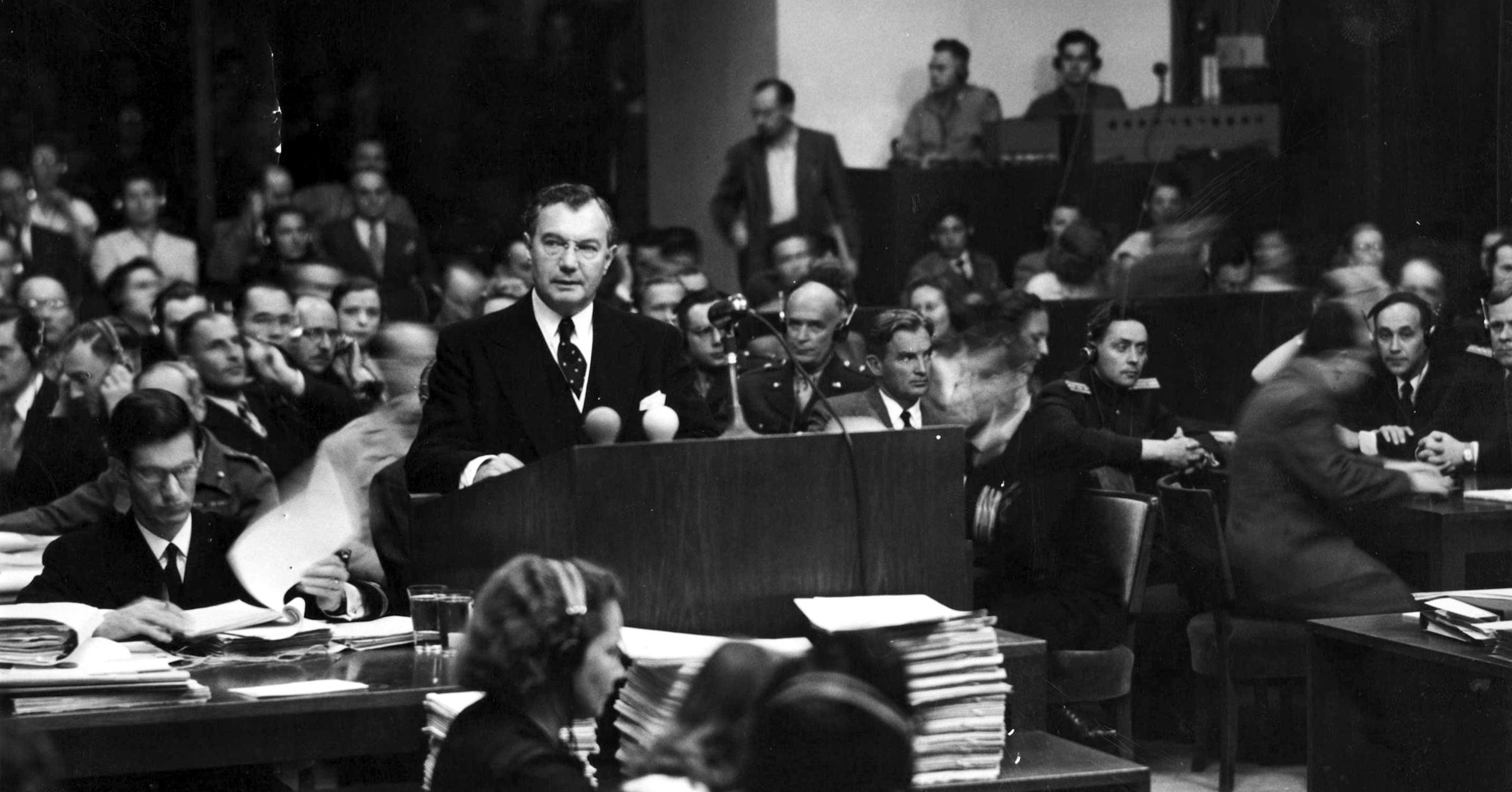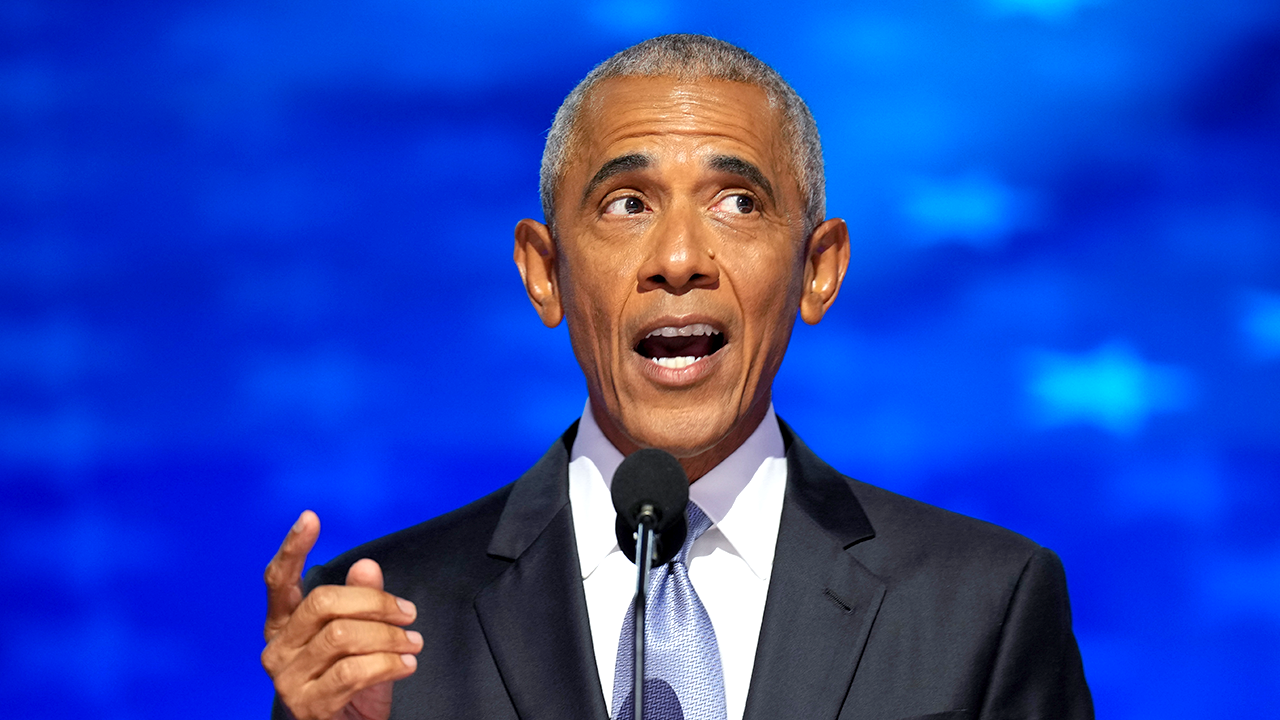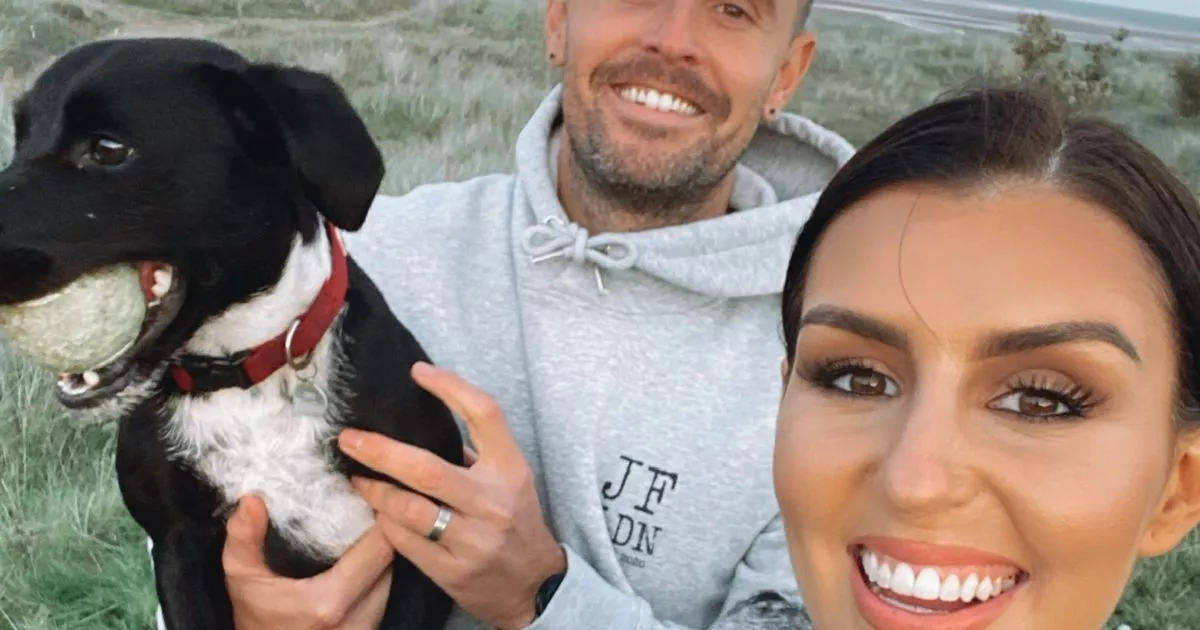Copyright startribune

Opinion editor’s note: Strib Voices publishes a mix of commentary online and in print each day. To contribute, click here. A film about the Nuremberg trials will by definition be disquieting. But the most disturbing images in “Nuremberg” aren’t from the new movie itself, but archival footage of concentration camps that’s shown to the jurists — and by extension, moviegoers — who like the on-screen characters recoiled at scenes of emaciated survivors and skeletal remains of Holocaust victims. Eighty years hence, it still shocks the conscience — as it should. “I think it’s important to look backwards in order to look forward,” the film’s director and co-writer, James Vanderbilt, told a capacity crowd at an advance screening at the Main Cinema in Minneapolis last week. (“Nuremberg” premieres locally on Nov. 6.) Vanderbilt spoke along with his Minneapolis-based co-writer, Jack El-Hai, whose book “The Nazi and the Psychiatrist” informed and inspired the screenplay. While overall the International Military Tribunal indicted 199 Nazis, the book’s titular one is Hermann Göring (Russell Crowe), Hitler’s second-in-command. The psychiatrist alternately analyzing and antagonizing him is Douglas Kelley (Rami Malek). But the most compelling character is a man whose character shines through: Associate Supreme Court Justice Robert H. Jackson (Michael Shannon), who led the prosecution of those who persecuted millions across a continent. “Jackson was a person of tremendous abilities — analytical, oratorical, legal — and he applied them all during his lifetime,” said John Q. Barrett, a St. John’s (N.Y.) University law professor who is writing a biography of Jackson. Barrett, who will speak at a Minnesota History Center event on Tuesday, said that “Jackson really shaped the principled commitment to doing it on the level, to doing it with due process, to doing it based on evidence.” The trials were open, fair, funded by America and “gave all the resources that our Bill of Rights gives to criminal defendants.” A process, Barrett said, that Jackson referred to as one “our children could look back on with pride.” For very long, “heads of state and government were not held criminally accountable for the human-rights violations they perpetrated against their own populations,” said Carrie Booth Walling, director of the Human Rights Program at the University of Minnesota. “And so this was really a dramatic shift. The idea to put individuals on trial, including individuals who had so grossly violated the rights of other human beings, and to say that they were entitled to the rights they denied other people, was a really important marker in the development of international criminal law and international accountability.” Walling spoke after moderating a Humphrey School event last week with Mary Lawlor, the U.N.’s special rapporteur on human rights defenders. Reflecting on 50 years of advocacy, including in her native Ireland, Lawlor was unflinching.



